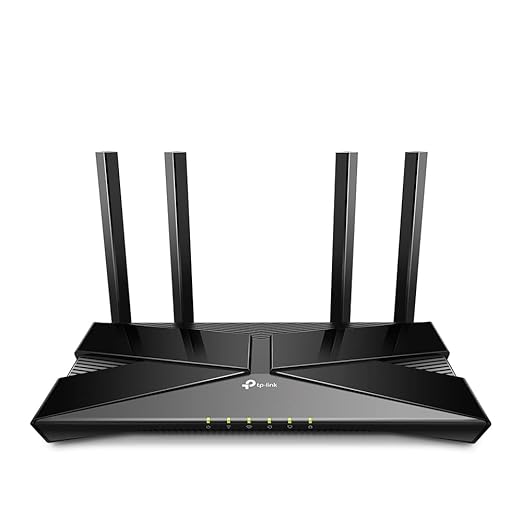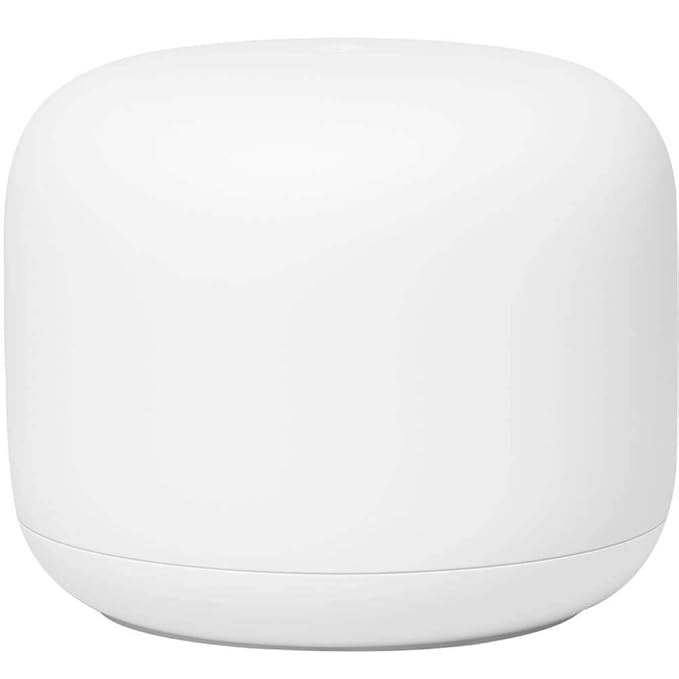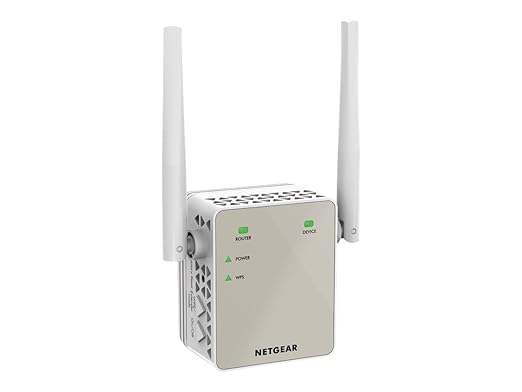Tips for Optimizing Home Wi-Fi – Boost Speed & Coverage in 2025
Having a strong, reliable Wi-Fi connection at home is essential for work, entertainment, and smart home devices. If you’re facing slow speeds, dead zones, or unstable connections, here’s a comprehensive guide to help you optimize your home Wi-Fi network in 2025.
1. Choose the Right Router
Your router is the heart of your Wi-Fi network. Make sure it supports the latest Wi-Fi standards like Wi-Fi 6 or Wi-Fi 6E, which offer faster speeds, better efficiency, and greater capacity for multiple devices.
2. Optimal Router Placement
- Place your router in a central location to maximize coverage.
- Avoid placing it near thick walls, metal objects, or electronic appliances that can cause interference.
- Elevate the router, such as on a shelf, rather than placing it on the floor.
3. Use 5 GHz Band for Speed, 2.4 GHz Band for Range
Modern routers offer dual-band frequencies:
- 5 GHz: Faster but covers a smaller area — best for close-range devices like laptops and gaming consoles.
- 2.4 GHz: Slower but covers longer distances — ideal for smart home gadgets further away or areas with barriers.
4. Secure Your Wi-Fi Network
Use WPA3 or at least WPA2 encryption with a strong password to limit unauthorized access and maintain network speed and privacy.
5. Reduce Interference
Microwave, cordless phones, and neighboring Wi-Fi can cause interference. Use router tools or apps to select the least crowded channel for your Wi-Fi signal.
6. Update Router Firmware Regularly
Manufacturers release updates to improve performance and security. Check your router’s admin panel periodically to update firmware.
7. Use Mesh Wi-Fi or Extenders for Larger Homes
If your home is large or has thick walls causing dead spots, consider a mesh Wi-Fi system that uses multiple access points for seamless coverage, or place extenders strategically.
8. Limit Bandwidth-Hungry Apps
- Pause or schedule downloads and updates during off-times.
- Use Quality of Service (QoS) settings on your router to prioritize work or streaming apps.
9. Upgrade Network Adapters
Ensure your devices have recent Wi-Fi adapters that support new standards like Wi-Fi 6 to fully benefit from your upgraded router.
Products You May Like



FAQs
- Q: How often should I update my router's firmware?
A: Check for updates every few months or whenever you experience connectivity issues to ensure optimal performance and security. - Q: Is a Wi-Fi extender the same as a mesh system?
A: No. Extenders repeat the existing Wi-Fi signal but may create separate networks. Mesh systems use multiple nodes for seamless coverage and better performance. - Q: Will upgrading to Wi-Fi 6 improve my internet speeds?
A: Wi-Fi 6 improves network efficiency, supports more devices simultaneously, and provides better speeds—especially with compatible devices and internet plans.




